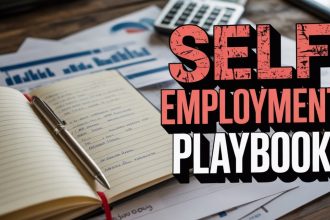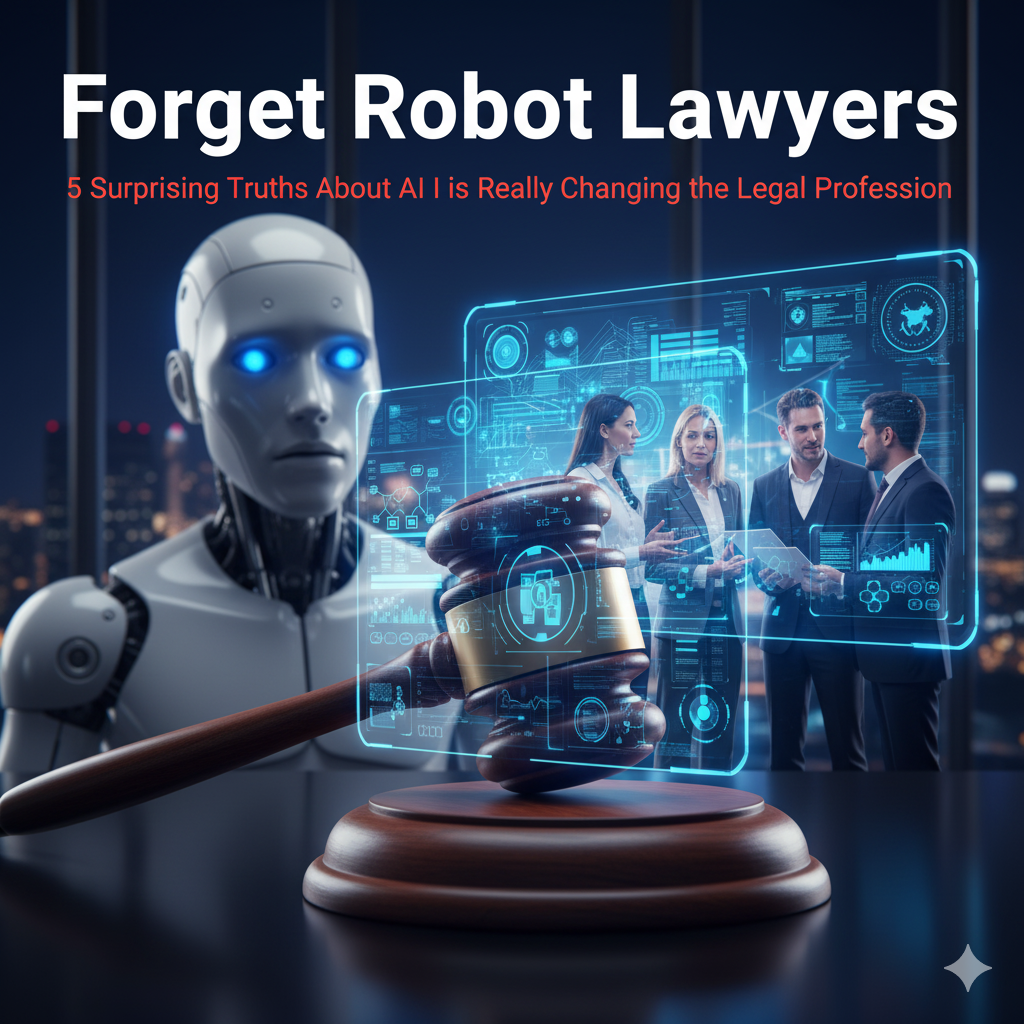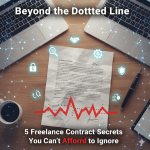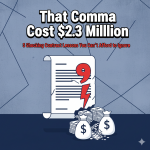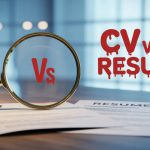The public imagination, fueled by decades of science fiction, pictures a future where robot lawyers argue in courtrooms and AI judges render verdicts. We envision a complete takeover, where human legal professionals become obsolete. But the reality of artificial intelligence in the legal world is far more nuanced, complex, and ultimately, more interesting than any Hollywood script.
This article cuts through the hype to reveal the most surprising and impactful truths about how AI is really changing the legal profession. Based on what industry reports and technology experts are showing, the transformation isn’t about replacement; it’s about a fundamental rewiring of how legal work gets done, who does it, and how it’s valued.
——————————————————————————–
1. Your Lawyer Might Only Bill for 37% of Their Day
One of the most shocking truths AI exposes has little to do with futuristic technology and everything to do with the inefficiency of the traditional law firm model. According to the Clio 2024 Legal Trends Report, lawyers bill just 2.9 hours of an 8-hour day on average. That’s a mere 37% of their time spent on revenue-generating work. The rest is often lost to a maze of administrative tasks, primarily manual billing and forgotten time entries. This gap isn’t just procedural; it’s psychological. Lawyers suffer from “time tracking amnesia,” where quick calls and email reviews vanish into the ether, and a “write-down epidemic,” where partners slash bills based on gut feelings rather than data, leaving millions on the table.
The financial impact of this inefficiency is staggering. For a mid-sized law firm, this can translate to an average loss of $1.3 million annually due to billing inefficiencies alone. This is the sobering reality hiding behind the prestigious facade of many firms. It challenges the common stereotype of lawyers constantly billing clients for every minute, revealing instead that a significant part of the profession’s cost structure is built on administrative friction—friction that technology is now poised to eliminate.
2. AI Is a Powerful Assistant, Not a Replacement
While AI excels at processing mountains of documents in seconds and flagging contractual risks, it cannot replicate the core human skills that define a great lawyer. The prevailing narrative is not one of replacement, but of augmentation. Studies show AI can achieve up to 94% accuracy in reviewing NDAs, compared to 85% by human lawyers. This isn’t about replacement; it’s about leveraging superhuman accuracy for routine tasks so lawyers can focus on strategic challenges like ethical reasoning, personalized client interaction, and creative legal strategy where they remain irreplaceable.
This collaborative dynamic is central to understanding AI’s true role:
“Rather than replacing lawyers, AI is a tool that complements strategic thinking and decision-making. The legal industry isn’t choosing between AI and human lawyers; it is finding ways for them to work together to create more value.”
The 21st-century lawyer is evolving into a “hybrid professional” who leverages technology to focus on higher-value work. They are becoming managers of emotion, effective communicators, and innovators who use AI as an indispensable assistant, not an adversary. This allows them to apply uniquely human judgment and emotional intelligence where it matters most.
3. The Real AI Threat? ‘Hallucinations’ in the Courtroom
The most immediate danger of AI in law isn’t a malicious, sentient system; it’s an unreliable one. The risks of AI hallucinations became starkly clear when two separate federal judges were recently forced to withdraw court rulings after their staff used public AI tools—ChatGPT and Perplexity—that generated errors and fabricated case citations. This is a real-world example of an AI “hallucination,” an instance where the model confidently makes something up that is not based in fact.
This highlights the critical difference between public AI and professional-grade tools. Public models are trained on the unvetted, often inaccurate, content of the open internet. In contrast, professional AI tools are built on curated, verified legal databases, offering accuracy rates above 95%. While technology offers powerful assistance, the ultimate accountability remains with the human professional, a point underscored by United States District Court Judge P. Kevin Castel in a similar case:
“Technological advances are commonplace and there is nothing inherently improper about using a reliable artificial intelligence tool for assistance. But existing rules impose a gatekeeping role on attorneys to ensure the accuracy of their filings.”
The biggest risk isn’t a rogue AI, but a confidently incorrect one. In the high-stakes legal world, professional oversight and verification are not just best practices—they are ethical imperatives.
4. AI Can Be Taught to Be Biased
In a counter-intuitive twist, one of AI’s most significant risks is its potential to inherit and amplify our own human flaws. Because AI systems learn from data created by humans, they can perpetuate or even magnify historical inequalities and biases present in that data. If the information fed to an AI reflects a biased world, the AI will produce biased results.
For example, an AI resume scanner trained on a company’s past successful employees might learn to favor candidates from specific schools, overlooking qualified non-traditional candidates. This theoretical risk became a costly reality when the U.S. Equal Employment Opportunity Commission (EEOC) sued iTutorGroup for programming its software to automatically reject female applicants over 55 and male applicants over 60. The lawsuit resulted in a $365,000 settlement, proving that algorithmic bias is a documented corporate liability.
“It is well documented that AI can spread bias if the program’s designer is biased. To combat this, lawyers need to recognize and guard against computer-generated bigotry to protect their clients and their professional reputations.”
This truth reveals that the challenges of AI are not just technical but deeply social and ethical. Ensuring fairness requires vigilant human oversight to correct for the biases that machines can so easily learn from us.
5. AI Is Forcing a Revolution in How Law Firms Make Money
For decades, the “billable hour” has been the financial cornerstone of the legal profession. Law firms have made money by selling time. Now, AI is threatening to upend that entire economic model. When an AI can condense manual legal research that once spanned hours into mere seconds—yielding 30-50% savings in time and costs, as some studies show—it becomes nearly impossible to justify billing for that time.
This massive leap in efficiency is forcing a necessary reexamination of the industry’s longstanding business model. As AI automates more time-consuming tasks, the value proposition is shifting. Clients will be less willing to pay for hours logged and more interested in paying for outcomes, expertise, and strategic value. This is accelerating the move toward alternative models like value-based or fixed-fee billing, where the price is tied to the result, not the clock. This is perhaps AI’s most profound impact: it is not just automating tasks, but fundamentally altering the economic engine that has powered the legal industry for a century.
——————————————————————————–
Conclusion
The true story of AI in law is not one of obsolescence, but of paradox. The biggest threats aren’t sentient robots, but confidently incorrect algorithms and the human biases they inherit. The greatest opportunities aren’t in replacing lawyers, but in liberating them from the very administrative burdens and outdated business models that have defined the profession for a century. AI is an amplifier of human intellect, not a replacement for it.
As these powerful tools become more integrated into our justice system, we are left with a critical question to ponder: how will we strike the right balance between artificial efficiency and the irreplaceable value of human judgment?


